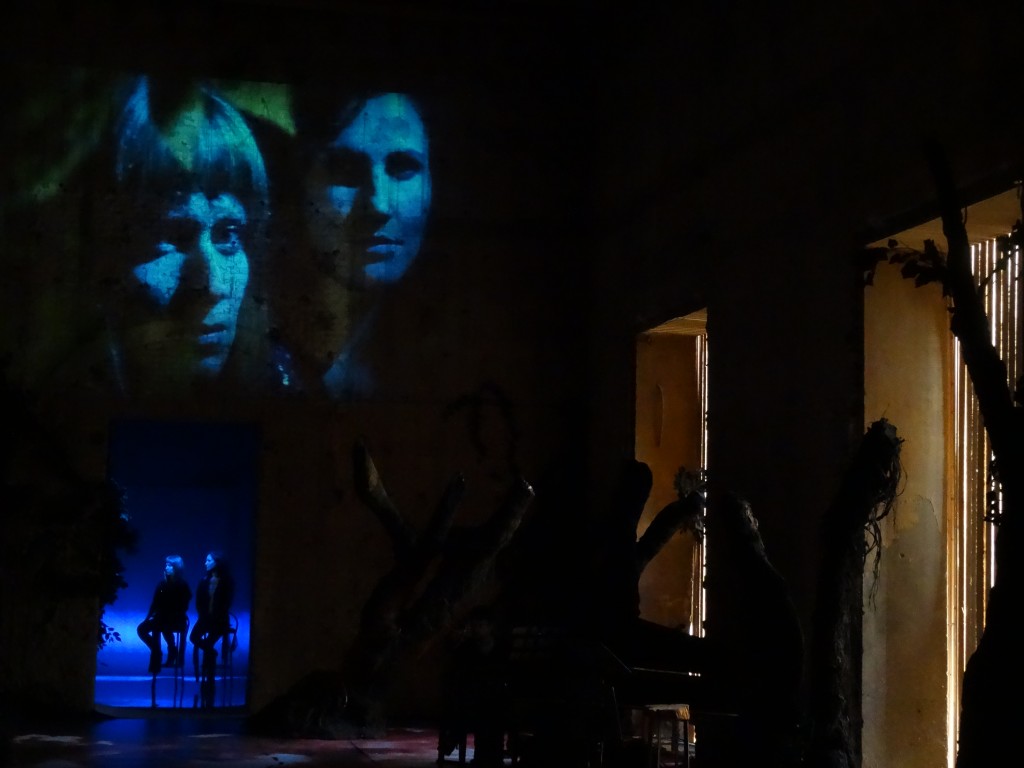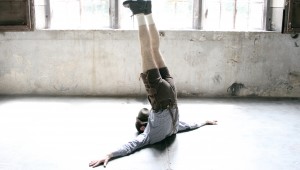#2.1 BETWEEN THE WEB AND THE PRINTED PAGE

The printed media (daily and periodical press), both globally and in Italy alike, are in big crisis and a great part of the debate moved to the digital page. It has been proven that online information is preferred by the readers who want to keep up to date on reality. This is true also for cultural communication and thus for criticism. It’s obviously very hard to enumerate the readers of printed publications: as for the generalist press, the number of buyers does not necessarily mirror the number of readers, and fixing an exact number of readers for a specific section of a newspaper is in fact impossible. Particularly for what concerns specialist information and reasoning—and especially since it’s known that the interest in theatre/dance in Italy is minor—the online press represents the new horizon. While the space reserved to reviews and critiques in newspapers is continuously decreasing (the national newspapers seldom offer a preview of what’s on, and usually publish reviews and interviews once a week), and while only one printed periodical is left to take care of the whole performing arts spectrum (after Quaderni del Teatro di Roma, a monthly magazine published by the state theatre in Rome, has been shut down, Hystrio, a three-monthly magazine, gathers dozens of authors who write for free), a high number of online portals opened the gates to theatre lovers in 2008, informing about the seasons, interviewing the artists and intensively reviewing the theatrical scene even on a national scale. To list them all, a dedicated issue would be needed.
The advent of the social media enhanced this diffusion even further, making the news and opinions circulating even too fast. The biggest problem with online criticism is – it goes without saying – the “authority of the authors”: if a newspaper traditionally appoints (or used to appoint) a strongly established critic to furnish itself with a recognizable identity, anybody can write and publish (him/herself) on the Web. As in many other countries, the blogging trend became a model: almost every national newspaper (La Repubblica, Corriere della Sera, La Stampa, etc.) has its own online version, that – for specific topics – invites guest bloggers to open a permanent window. Sometimes the writers are members of the newspaper itself, but it’s not rare to find independent bloggers to be hosted by these pages.
On the Web it’s really hard to emancipate one’s discourse from the mass wanting to count on its value and reliability. One measure has been to found real “webzines”, with a proper editorial board and a collective approach that defines a line of work.
Some relevant online publications about theatre and dance (in alphabetical order):
- Altre Velocità: www.altrevelocita.it
- Ateatro: www.ateatro.it
- Del Teatro: www.delteatro.it
- Il Tamburo di Kattrin: www.iltamburodikattrin.com
- Krapp’s Last Post: www.klpteatro.it
- Il Giornale della Danza: www.giornaledelladanza.com
- Teatro e Critica: www.teatroecritica.net
Published on 11 May 2015



